The recent escalation in diplomatic tensions between Algeria and France, sparked by France’s alleged imposition of visa requirements on Algerian officials holding diplomatic passports, marks a significant turning point in their bilateral relations. This article delves into the intricacies of this dispute, exploring the historical context, underlying motives, and broader implications of France’s actions, as well as Algeria’s firm response. By examining the diplomatic fallout, the principles of international agreements, and the potential for reciprocal measures, this comprehensive analysis uncovers hidden truths and provides a nuanced perspective on a complex geopolitical issue.
Background: A Strained Franco-Algerian Relationship
The relationship between Algeria and France has long been marked by complexity, shaped by a colonial past, post-independence reconciliation efforts, and ongoing political and cultural ties. France’s colonization of Algeria from 1830 to 1962 left deep scars, with the Algerian War of Independence (1954–1962) resulting in significant loss of life and lingering resentment. Despite decades of diplomatic efforts to foster cooperation, including agreements on trade, migration, and security, tensions have periodically flared due to historical grievances, differing political priorities, and contemporary disputes.
In recent years, consular and security issues have been at the forefront of bilateral tensions. France’s 2021 decision to reduce visa quotas for Algerian nationals, citing Algeria’s alleged failure to cooperate on deportations, set a precedent for unilateral actions that strained relations. Algeria responded by recalling its ambassador, signaling its dissatisfaction with what it perceived as France’s disregard for mutual agreements. The current visa dispute, centered on diplomatic passport holders, is a continuation of this pattern of friction, raising questions about France’s intentions and the future of bilateral cooperation.
Historical Context: The 2013 Algerian-French Agreement
At the heart of the current controversy is the 2013 bilateral agreement between Algeria and France, which exempts holders of diplomatic and service passports from visa requirements. This agreement was a milestone in post-colonial relations, designed to facilitate diplomatic exchanges and strengthen ties between the two nations. By removing visa barriers for officials, the agreement symbolized a commitment to mutual respect and cooperation, acknowledging the unique historical and cultural ties between Algeria and France.
The agreement’s provisions, particularly Article 8, stipulate that any changes to its terms must be communicated through official diplomatic channels. This clause underscores the importance of transparency and mutual consent in altering bilateral commitments. Algeria’s recent statement highlights France’s failure to adhere to this protocol, accusing French authorities of bypassing established norms and resorting to media leaks to announce policy shifts.
France’s Visa Policy Shift: A Breach of Trust?
According to reports from French right-leaning media, cited by News.Az, France has imposed visa requirements on Algerian officials holding diplomatic passports, effectively undermining the 2013 agreement. These reports, based on unnamed sources within the French Interior Ministry and National Police Directorate, suggest a deliberate shift in France’s approach to Algerian diplomats. Algeria’s Foreign Ministry expressed “great astonishment” at this development, describing it as a “flagrant breach” of the bilateral agreement.
Orchestrated Media Leaks: A Questionable Strategy
Algeria’s condemnation of France’s actions is not limited to the visa policy itself but extends to the manner in which it was communicated. The Algerian Foreign Ministry accused French authorities of orchestrating media leaks to selectively chosen outlets, bypassing official diplomatic channels. This approach, described as “strange and suspicious,” raises questions about France’s motives and the transparency of its decision-making process.
“It is evident that French decisions are now being communicated through unofficial channels, in a flagrant breach of established diplomatic norms and a clear violation of the 2013 Algerian-French agreement concerning visa exemptions for diplomatic and service passport holders,” the Algerian Foreign Ministry stated.
The use of media leaks suggests a strategic effort to control the narrative while avoiding direct accountability. By relying on unofficial sources, France may be attempting to test the waters or deflect criticism for its unilateral actions. This tactic, however, has backfired, as Algeria has seized the opportunity to highlight France’s disregard for diplomatic norms, framing the issue as a broader assault on bilateral trust.
France’s Motives: Political Posturing or Security Concerns?
The motivations behind France’s visa policy shift remain unclear, as the French government has not issued an official statement confirming the change. However, several factors may be driving this decision. Domestically, France’s right-leaning political factions have increasingly called for stricter immigration policies, including tighter controls on diplomatic privileges. The imposition of visa requirements on Algerian officials could be a populist move to appease these groups, particularly in the context of France’s upcoming elections.
Security concerns may also play a role. France has repeatedly cited issues with Algeria’s cooperation on deportations and counterterrorism, which could explain the decision to impose visa restrictions on officials. However, targeting diplomatic passport holders—a group typically afforded special privileges under international law—raises questions about the proportionality and legitimacy of France’s actions.
Another possible motive is France’s desire to renegotiate or suspend the 2013 agreement without formally acknowledging its intent. By introducing visa requirements through unofficial channels, France may be testing Algeria’s response while avoiding the diplomatic fallout of a formal declaration. This approach, however, risks escalating tensions, as Algeria has signaled its readiness to respond with reciprocal measures.
Algeria’s Response: The Principle of Reciprocity
In response to France’s actions, Algeria has vowed to apply the principle of reciprocity, a cornerstone of international diplomacy. Reciprocity ensures that states treat each other’s officials and citizens in a manner consistent with the treatment they receive. Algeria’s Foreign Ministry stated that it would respond “strictly and precisely” in proportion to France’s breach of the 2013 agreement, signaling a tit-for-tat approach that could further strain relations.
Potential Reciprocal Measures
While Algeria has not specified the exact measures it will take, several possibilities exist. The most direct response would be to impose visa requirements on French diplomatic and service passport holders, mirroring France’s actions. This would effectively nullify the visa exemption provisions of the 2013 agreement, forcing French officials to navigate bureaucratic hurdles when traveling to Algeria.
Beyond visa restrictions, Algeria could escalate its response by limiting cooperation in other areas, such as trade, security, or consular services. For example, Algeria could reduce its assistance in repatriating Algerian nationals facing deportation from France, further complicating bilateral relations. Alternatively, Algeria might choose to publicize France’s actions on the international stage, seeking support from regional organizations like the African Union or the Arab League to pressure France into reversing its decision.
Diplomatic Norms and International Law
Algeria’s emphasis on France’s failure to provide official notice through diplomatic channels highlights a critical issue in international relations: the importance of adhering to established norms. The Vienna Convention on Diplomatic Relations (1961) underscores the principle of mutual consent in bilateral agreements, requiring states to communicate changes through formal channels. By bypassing this protocol, France risks undermining its credibility as a reliable diplomatic partner, not only with Algeria but also with other nations.
Algeria’s reference to Article 8 of the 2013 agreement further strengthens its legal position. By failing to notify Algeria of the policy change, France has violated the letter and spirit of the agreement, providing Algeria with grounds to pursue reciprocal measures or seek international arbitration. This legal dimension adds weight to Algeria’s condemnation and underscores the broader implications of France’s actions for international diplomacy.
Hidden Truths: The Role of Media and Public Perception
The reliance on right-leaning French media to disseminate news of the visa policy shift raises questions about the role of media in shaping public and diplomatic perceptions. By leaking information to select outlets, French authorities may be attempting to frame the visa restrictions as a necessary response to security or immigration concerns, appealing to domestic audiences. However, this strategy risks alienating Algeria and other international partners, who view such tactics as manipulative and disrespectful.
Algeria’s accusation of “orchestrated media leaks” suggests a deeper agenda. The selective dissemination of information could be part of a broader effort to pressure Algeria into making concessions in other areas, such as security cooperation or trade negotiations. Alternatively, it may reflect internal divisions within the French government, with certain factions pushing for a harder line against Algeria while others advocate for diplomacy.
The Impact of Media Narratives
The media’s role in this dispute cannot be overstated. In France, right-leaning outlets have historically amplified anti-immigration sentiments, often portraying Algeria as uncooperative on issues like deportation and counterterrorism. By leaking the visa policy change to these outlets, French authorities may be seeking to garner public support for their actions, even at the cost of diplomatic fallout.
In Algeria, the media response has been equally significant. Algerian outlets have framed France’s actions as a continuation of colonial arrogance, tapping into deep-seated historical grievances. This narrative resonates with the Algerian public, strengthening the government’s position as it prepares to implement reciprocal measures. The interplay between media narratives and diplomatic actions underscores the complexity of the dispute, as both sides seek to shape public opinion in their favor.
Research and Broader Implications
To understand the broader implications of this dispute, it is worth examining recent research on Franco-Algerian relations and the role of visa policies in diplomacy. Studies by scholars like Claire Eldridge and Malika Rahal highlight the enduring impact of colonial history on contemporary relations, noting that disputes over visas and migration often serve as proxies for deeper ideological conflicts. The current visa row, for example, may reflect France’s broader anxieties about immigration and security, as well as Algeria’s determination to assert its sovereignty.
Research also suggests that visa policies are increasingly being used as tools of diplomatic leverage. A 2023 study by the European Council on Foreign Relations found that European states, including France, have tightened visa policies for African nations to pressure them on issues like migration and counterterrorism. This trend raises ethical questions about the use of visa restrictions to achieve geopolitical goals, particularly when they undermine bilateral agreements.
Regional and Global Ramifications
The Franco-Algerian visa dispute has implications beyond the bilateral relationship. In the Maghreb region, Algeria’s response could inspire other nations to adopt reciprocal measures against European states that impose unilateral restrictions. For example, Morocco and Tunisia, which have faced similar visa cuts from France, may align with Algeria in challenging France’s policies, potentially strengthening regional solidarity.
Globally, the dispute highlights the fragility of diplomatic agreements in an era of rising nationalism and protectionism. As states increasingly prioritize domestic agendas over international cooperation, bilateral agreements like the 2013 Algerian-French accord are at risk of being undermined. This trend could erode trust in international institutions and complicate efforts to address global challenges like migration, security, and climate change.
Conclusion: A Test of Diplomatic Resilience
The visa dispute between Algeria and France is more than a bureaucratic disagreement; it is a test of diplomatic resilience and mutual respect. France’s alleged breach of the 2013 agreement, coupled with its reliance on media leaks, has provoked a strong response from Algeria, which has vowed to uphold the principle of reciprocity. As tensions escalate, both nations face a critical choice: to seek reconciliation through dialogue or to deepen the divide through retaliatory measures.
For Algeria, the dispute is an opportunity to assert its sovereignty and demand respect as an equal partner. For France, it is a chance to reassess its approach to diplomacy and the consequences of unilateral actions. The outcome of this dispute will shape not only Franco-Algerian relations but also the broader landscape of international diplomacy, where trust and reciprocity remain essential pillars of cooperation.

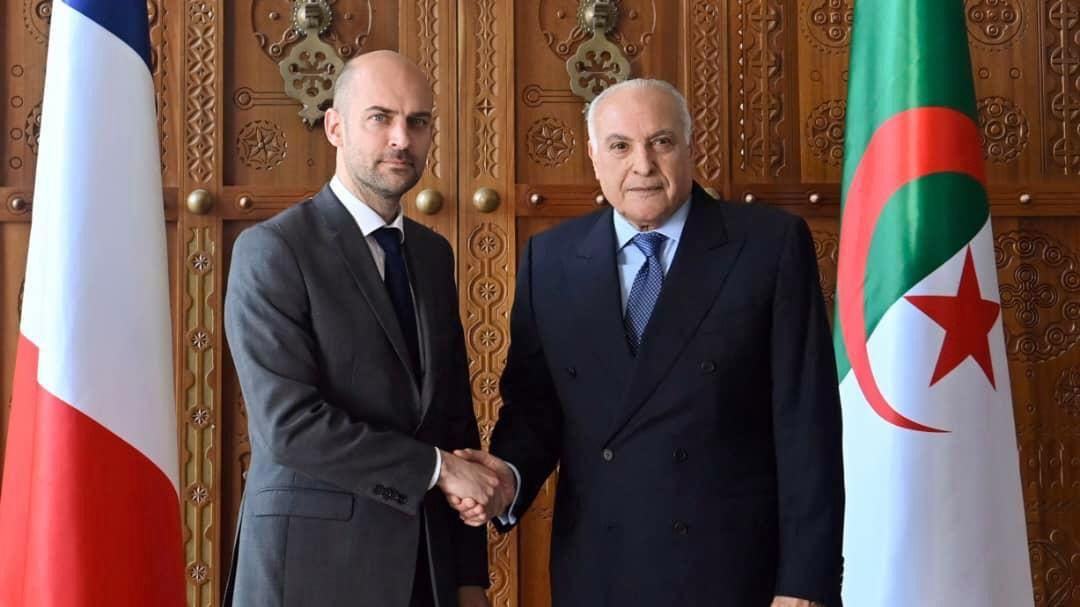

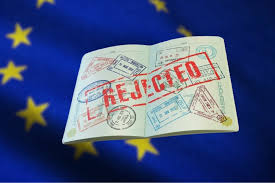










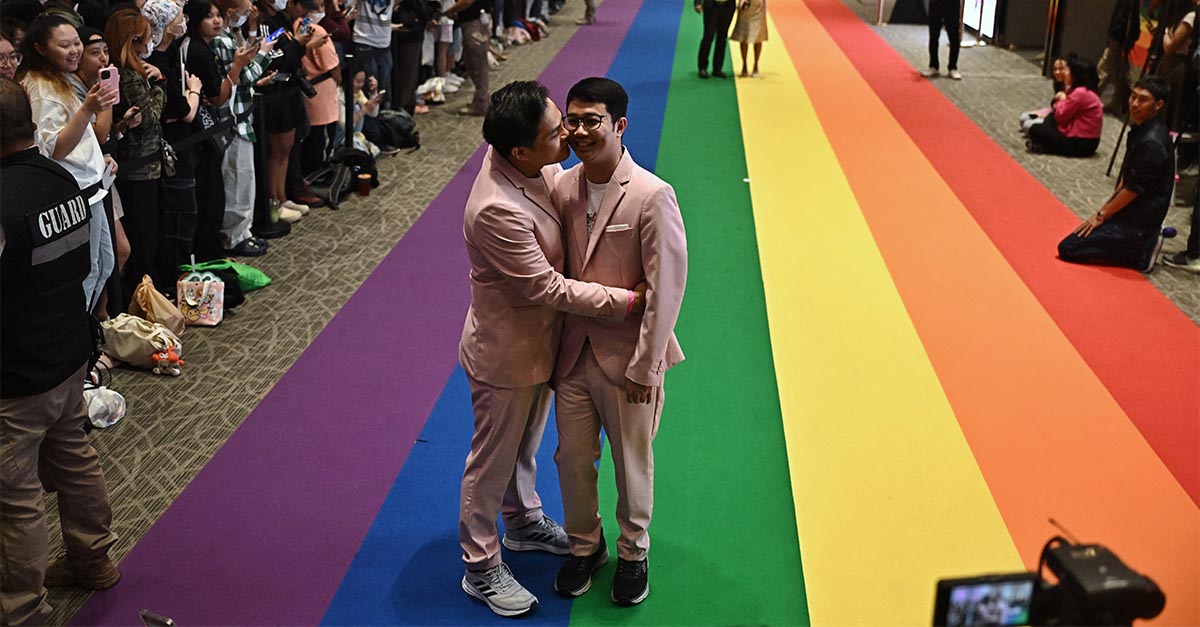

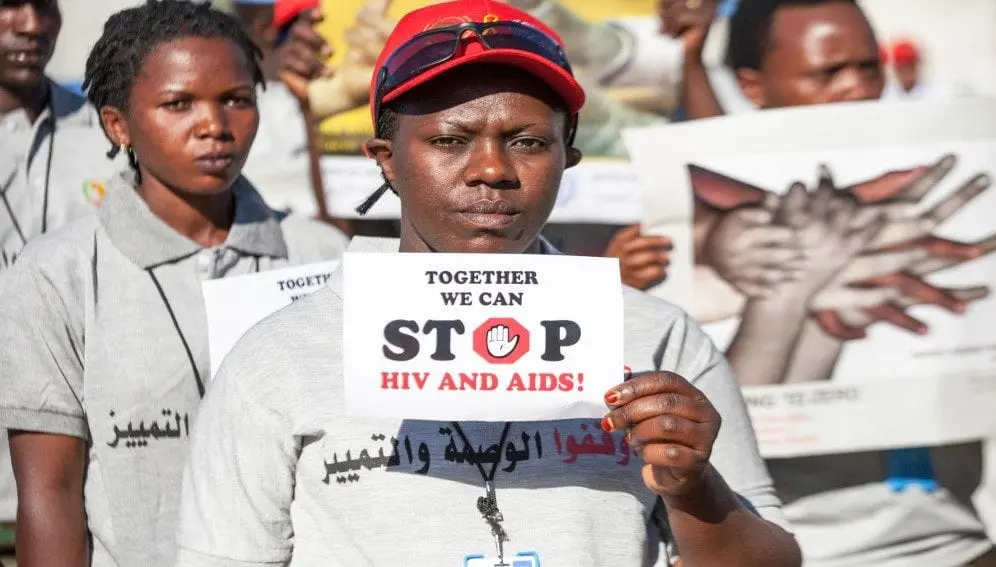
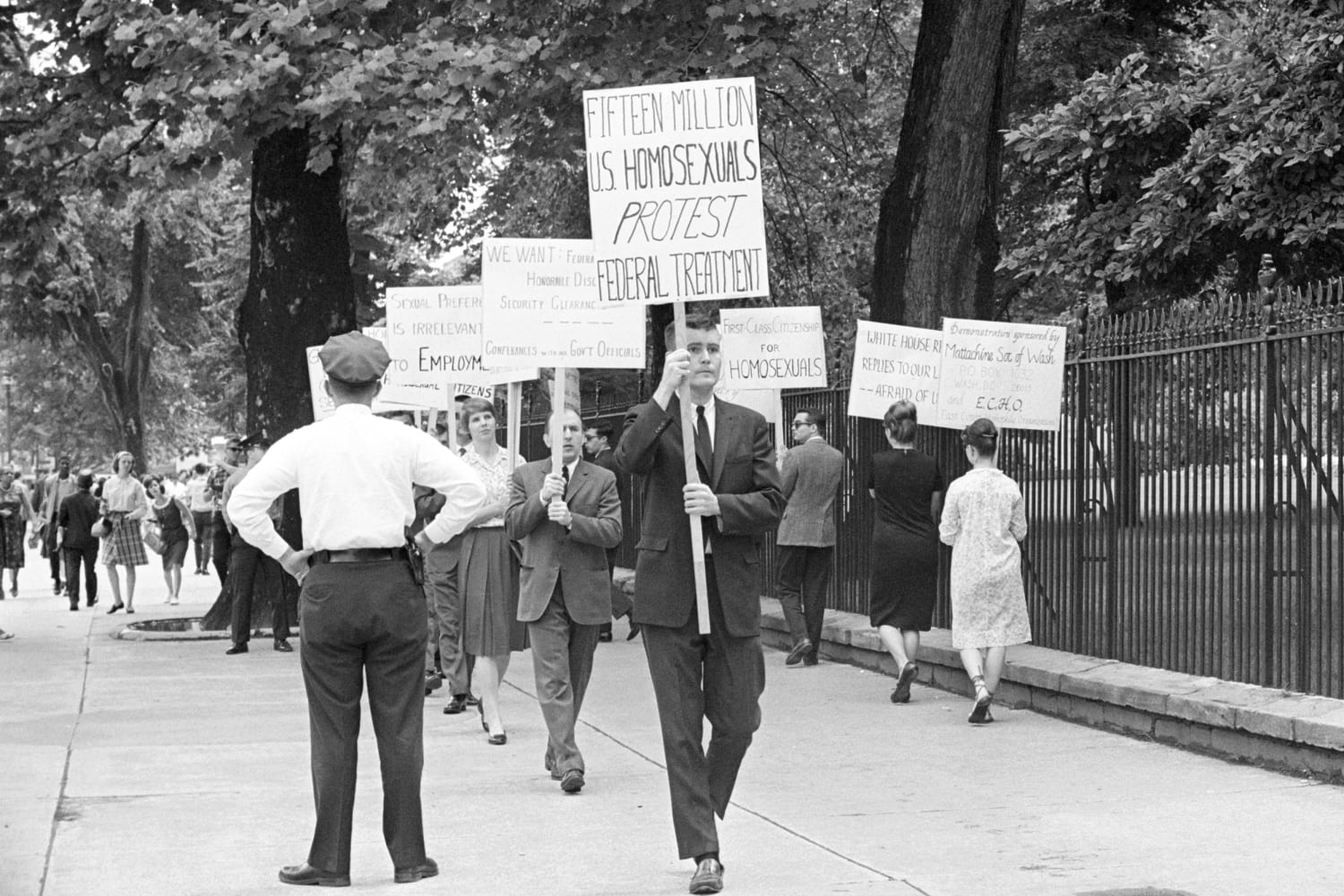

0 Comments